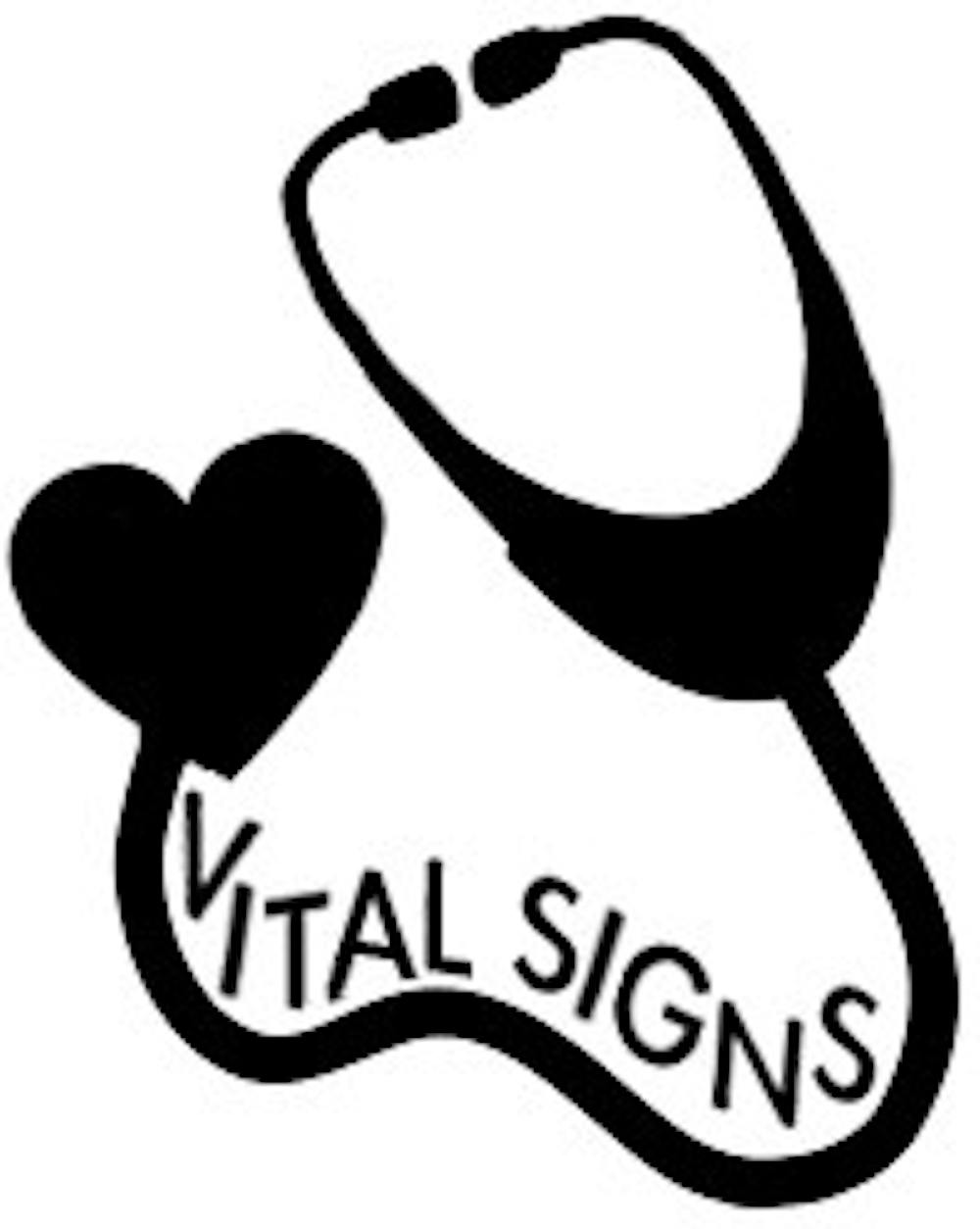By Anna Kellaher
Columnist
During the winter months, it’s common to catch a cold or two, but it can be hard to decide exactly what you need to get better and whether or not you need medical attention. The following are common ailments that require different treatments, according to the University of Michigan’s student life health service.
You likely don’t need medical attention for a cough. Use cough drops and warm liquids, such as tea, to soothe your throat and try taking a hot shower to breathe in moisturized air. You should call for medical advice if the cough is persistent or if you are experiencing chest pain, wheezing or shortness of breath or have mucus that is brown or bloody.
For a runny nose and sneezing, if your mucus does not smell bad or have a brown or bloody color and you are not experiencing severe discomfort, you can take care of this issue on your own. Keep tissues on hand and gently blow your nose as needed. Avoid irritants like cigarette smoke.
A headache that is mild and is relieved by over-the-counter pain medicine, such as Advil or Tylenol, likely does not require medical attention. If you are experiencing a headache with blurred vision, dizziness, nausea, a stiff neck or back, confusion, a fever or a rash you should seek medical care immediately. These symptoms could be a sign of meningitis, an infection in the brain.
If you have a fever that is less than 101 degrees Fahrenheit, you can self-treat by drinking fluids, resting and staying cool by dressing in light clothing and keeping a damp washcloth on your neck or forehead. If the fever is above 101 degrees Fahrenheit for longer than three days or if you experience shaking chills, you should seek medical help.
When in doubt, it’s better to be safe than sorry. Don’t hesitate to visit your primary care physician or utilize Student Health Services, which is located in Eickhoff Hall Room 107.







